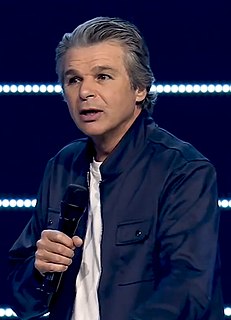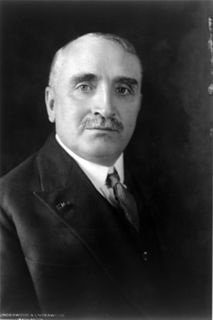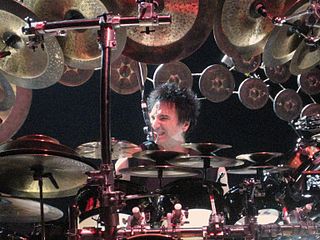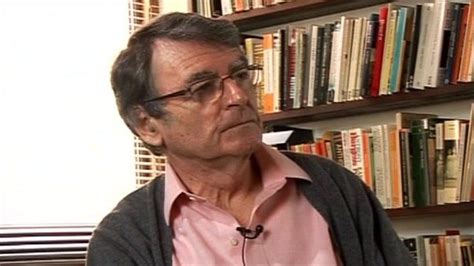A Quote by Virginia Woolf
I need a little language such as lovers use, words of one syllable such as children speak when they come into the room and find their mother sewing and pick up some scrap of bright wool, a feather, or a shred of chintz. I need a howl; a cry. When the storm crosses the marsh and sweeps over me where I lie in the ditch unregarded I need no words. Nothing neat. Nothing that comes down with all its feet on the floor. None of those resonances and lovely echoes that break and chime from nerve to nerve in our breasts making wild music, false phrases. I have done with phrases.
Quote Topics
Break
Breasts
Bright
Children
Come
Crosses
Cry
Ditch
Done
Down
Echoes
False
Feather
Feet
Find
Floor
Howl
Language
Lie
Little
Lovely
Lovers
Making
Marsh
Me
Mother
Music
Neat
Need
Nerve
No Words
None
Nothing
Our
Over
Phrases
Pick
Room
Scrap
Sewing
Shred
Some
Speak
Storm
Syllable
Those
Up
Use
Wild
Wool
Words
Related Quotes
I've spent years studying words. Linguistics, language, the power of words, the power of phrases on human beings. All of that. It's part of my, almost obsessive, fascination. It turns out that there are some keys that we all need to know about how conversations impact us, because they do at a chemical level. There are certain things that if we learned this, it would totally change our interactions with others, and that's the following. There are certain words that have a feeling of, "I love you, I care for you, you're in my tribe."
We need to send our words out in the direction we want them to go. In other words, we need to start talking victory when we’re staring at defeat. We need to start talking healing when we’re feeling sick. We need to start blessing and prosperity when we don’t have anything. We need to speak about marching when we feel like quitting.
There are times when I can't stop speaking, when a million words leave my mouth in a matter of seconds… a million words that mean nothing… but when I want to find some words that mean everything, I just can't speak. Like: I miss you. Like: I love you. Like: My world is falling apart and I need you by my side.
The English language lacks the words 'to mourn an absence.' For the loss of a parent, grandparent, spouse, child or friend we have all manner of words and phrases, some helpful, some not. Still, we are conditioned to say something, even if it is only 'I am sorry for your loss.' But for an absence, for someone who was never there at all, we are wordless to capture that particular emptiness. For those who deeply want children and are denied them, those missing babies hover like silent, ephemeral shadows over their lives. Who can describe the feel of a tiny hand that is never held?
I really think kids should understand that music is like learning the alphabet. You put small letters together to make words, and then you use these words to create a story, but with music. And they really need to know how to mix and match those letters and how to come up with something that is really interesting, or speak in metaphors as poets do to show us something maybe we didn't think about.
To demarcate [words in way that changes the meaning] is simply to speak a different language than everyone else. And I do not accept semantic games like that. [...] We need to use words as they are actually used and understood. We can correct errors and inconsistencies and make distinctions. But we can't try to foist an alien language on people.
Some people manage their writing by saying, 'I need to get 2,000 words written today,' others by saying, 'I will write for X hours.' Not me. I start with a plan for the book, break it down into scenes, and I know what scenes need to get written each day. If the scene takes more words than I thought, so be it.

































